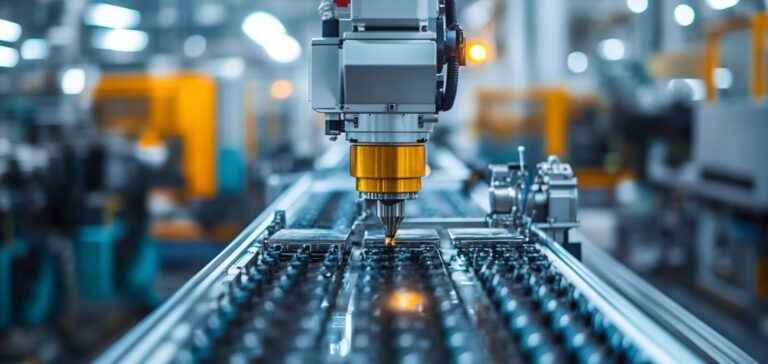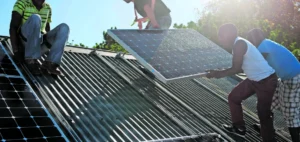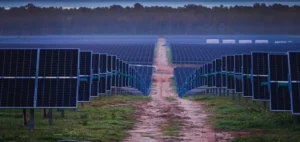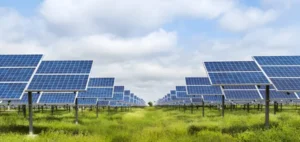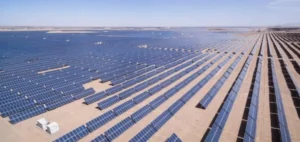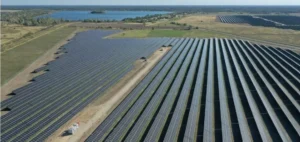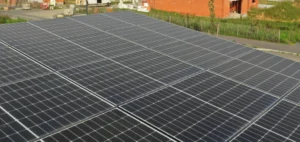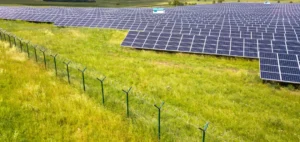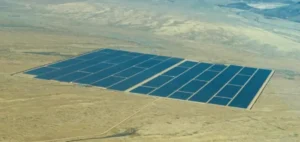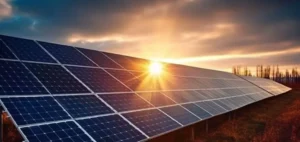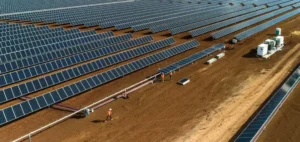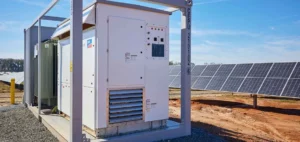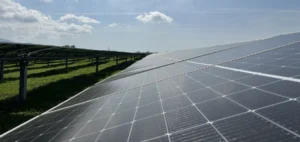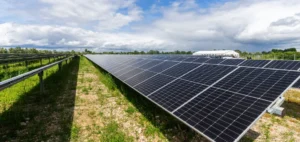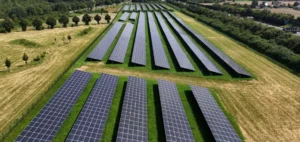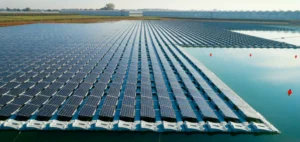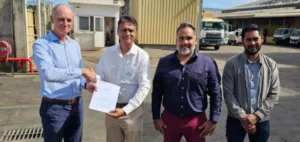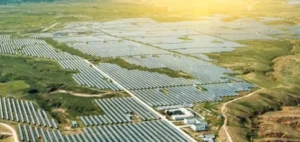A crucial step has been achieved for the HoloSolis project in Hambach, Moselle. The prefect has signed the environmental authorization and construction permit for what is set to become, according to the company, the largest solar panel factory in Europe. Scheduled to begin production in 2026, the factory represents a total investment of €850 million and will create 1,900 jobs over time.
HoloSolis President Jan Jacob Boom-Wichers described this signature as “fundamental” for the project. “Without a building permit, you cannot undertake anything,” he emphasized during an interview. HoloSolis, a subsidiary of the European group InnoEnergy, collaborated closely with the Region, the Moselle prefecture, and various associations to meet environmental requirements within record timelines for France.
A record production capacity
Once fully operational in 2028, the factory will produce 10 million photovoltaic panels annually, with a total capacity of 5 Gigawatts. This production equates to the energy consumption of one million households, according to HoloSolis. It could cover approximately 8% of Europe’s imports of photovoltaic panels from China.
To achieve these goals, HoloSolis plans in 2025 to launch detailed studies to define the construction specifications precisely. These analyses will be followed by tenders to select suppliers and partners responsible for the construction work.
A regional economic driver
This project also represents a significant economic opportunity for the Sarreguemines Confluences Community of Agglomeration (CASC), where the site will be established. According to its president, Roland Roth, the factory is expected to generate substantial fiscal and economic benefits while stimulating local activity. Positive impacts are anticipated on housing development, professional training, and public investments.
The project has already garnered interest from future European clients, several of whom have signed letters of intent or invested in the factory’s development.

